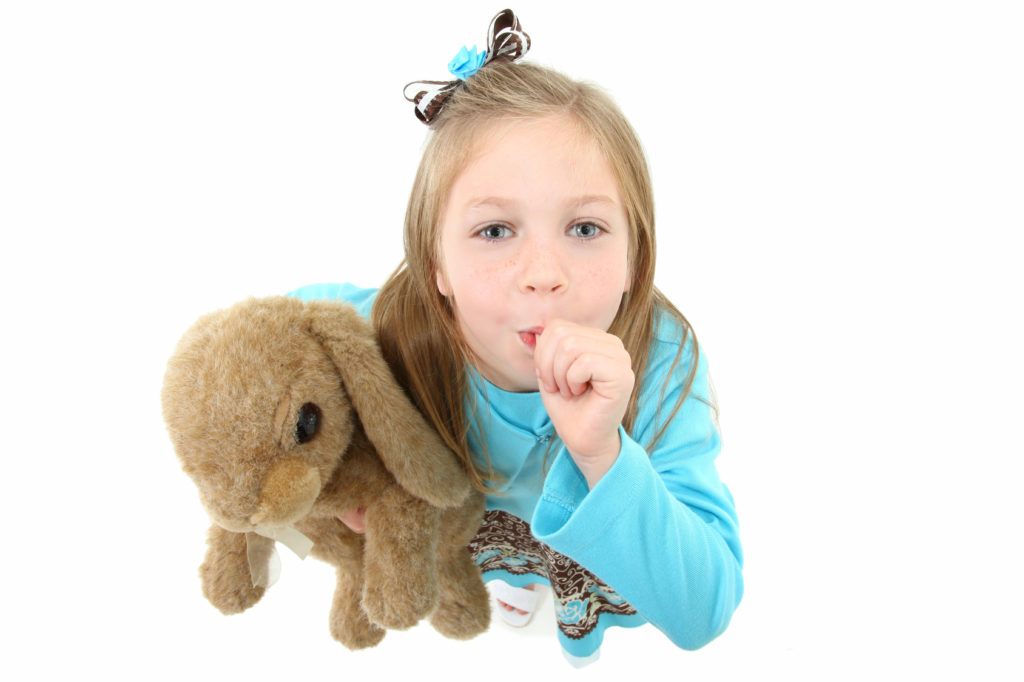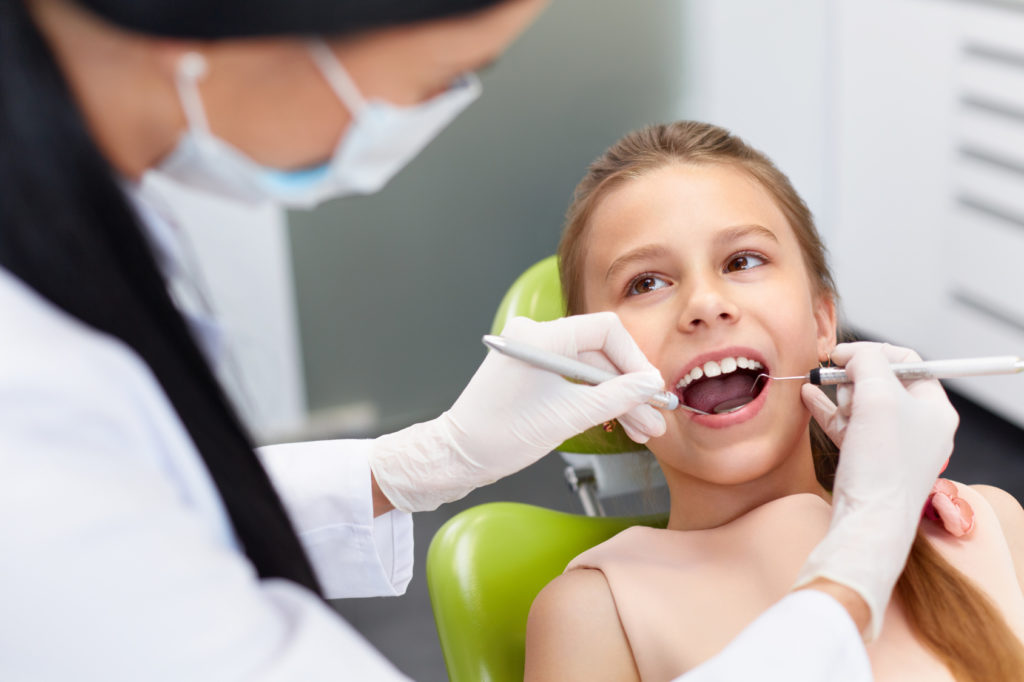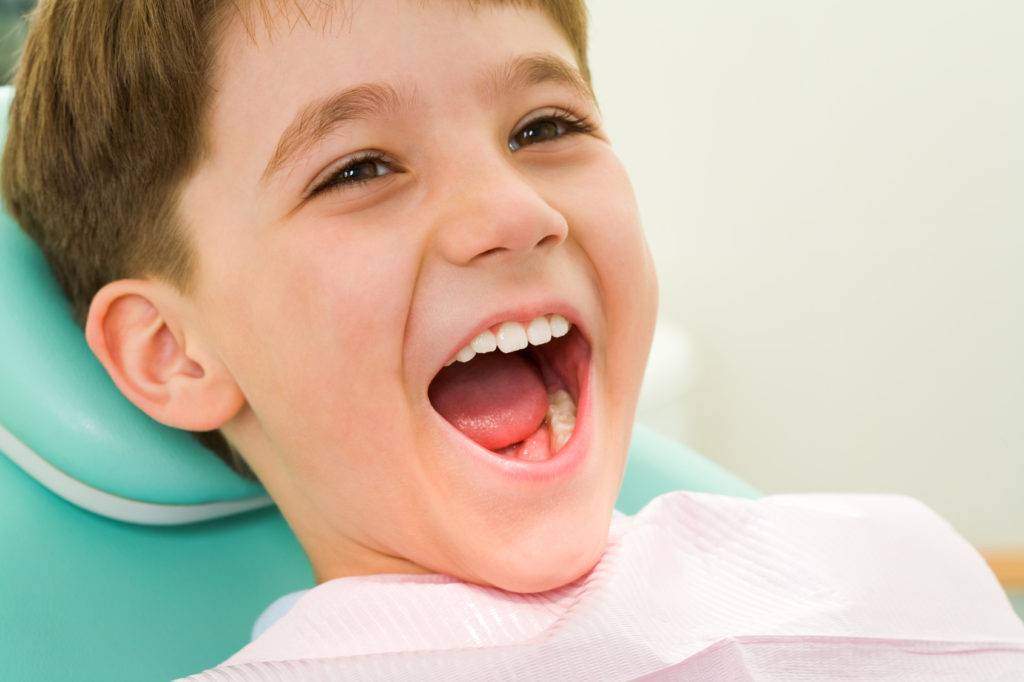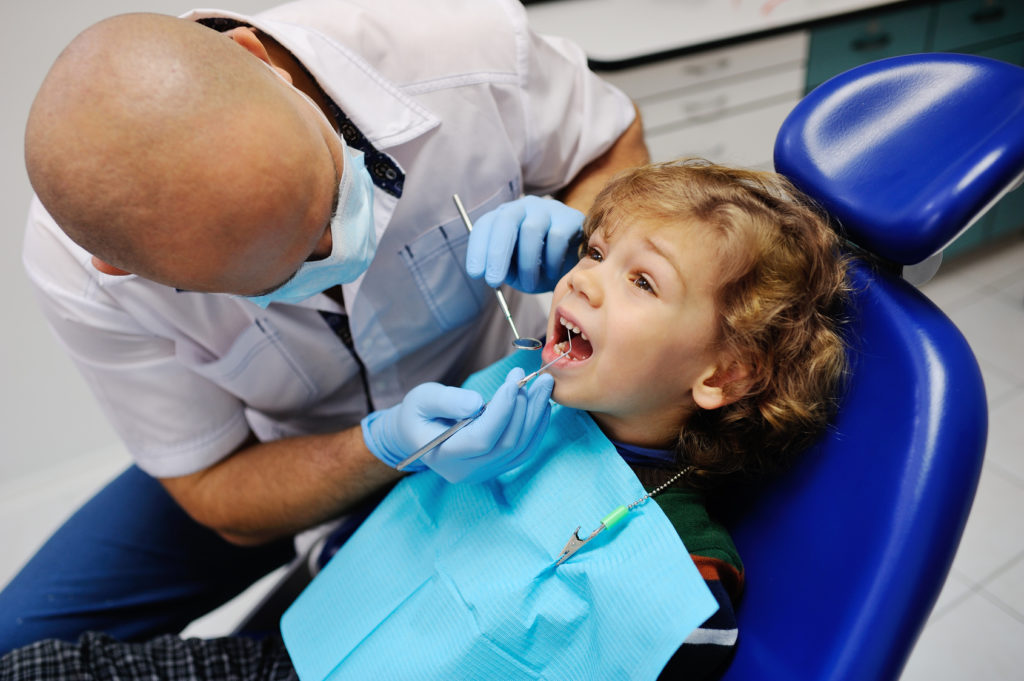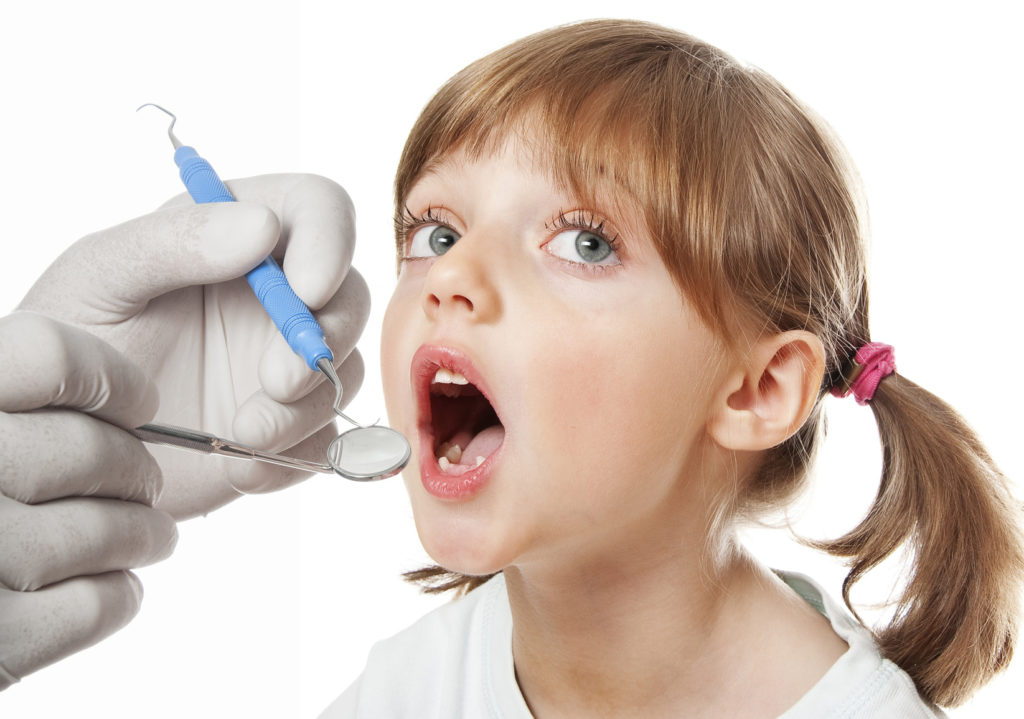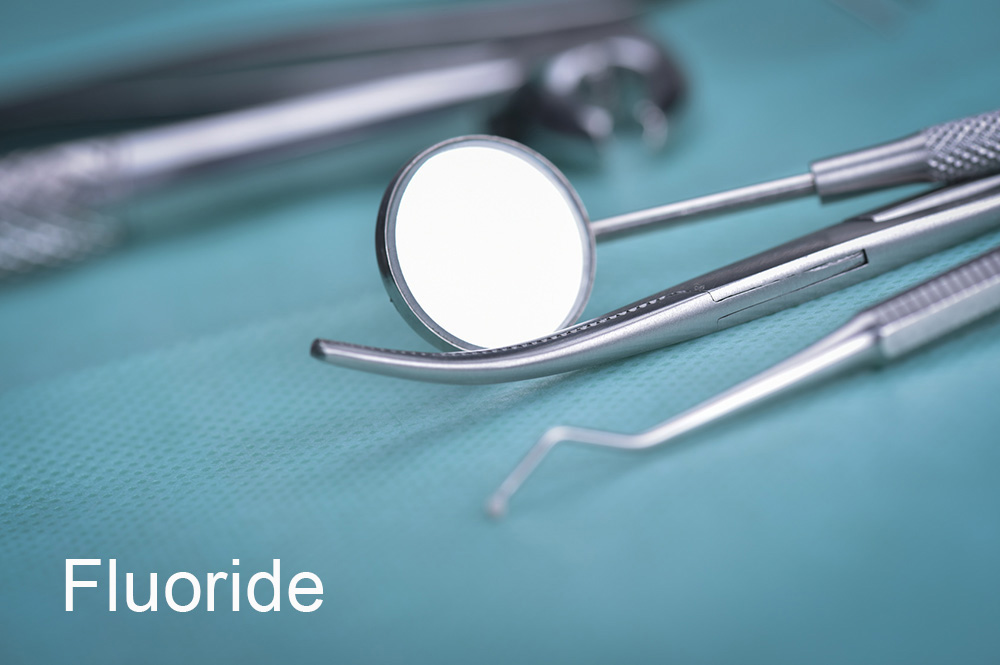As a parent, you’re probably concerned about keeping your child healthy. With all those things you might worry about — like air and water quality, sick kids at school and babies putting dirty objects in their mouths — fretting about your child’s toothbrush is probably not at the top of that list. But did you know that an average toothbrush might contain 10 million bacteria?
We often do things out of habit and don’t even think about them. For example, you probably store your family’s toothbrushes on or near the bathroom sink, which, in most bathrooms, is close to the toilet. Do you always close the lid before you flush? If not, bacteria from toilet spray can settle on nearby surfaces, which might include your toothbrushes. Yikes!
 Directions
Directions


